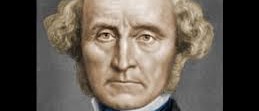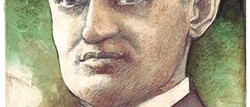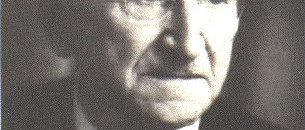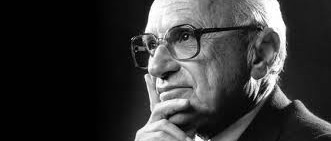











Syllabus
Sources and Reading List
The Twentieth Century and Beyond
Student Responsibilities and Resources
Reading List (pdf)
This is a Master's-level/Honors course in the history of economic thought. History of thought means the history of economic ideas or doctrines -- the history of how people tried to make sense of the economic world. This is in contrast to economic history, which is a chronicle and analysis of what actually happened in the economic world, as seen through the lens of (usually) modern economic theory. Yet there have always been two traditions in the history of economic thought: internalist and externalist. The internalist view, which has been the dominant view, sees economic thought as developing (and progressing) through a process of (more-or-less) disinterested scientific advancement. New theories arise in response to conceptual inadequacies in existing theories or perhaps in order to fit better with empirical reality. By contrast, the externalist view sees economic thought as moving (perhaps not always progressing) in partial response to the economic and political issues of the day. Clearly both views are right to some extent. The externalist view went out of fashion largely because it had been hijacked by Marxist thinkers, who cast all economic ideas (except, of course, those of Marx) as mere epiphenomena, that is, as unimportant responses to the underlying economic conditions, and indeed as mere justifications of the capitalist order by "bourgeois" economists. I think we are now past worrying about the Marxist account of economic thought and need to reconsider the externalist view in a sensible way. As in any science, or indeed in the field of technological change, external historical conditions serve as what the late economic historian Nathan Rosenberg called "focusing devices": the economic problems of a historical period helped create the agenda for research by making some issues more important topics than others. Indeed, I argue, it is difficult to understand past economic thought without understanding the historical conditions in which those ideas were developed.
For this reason, this course will do something I have long wanted to do. It will combine economic history with the history of economic thought. The course will still be mostly (seventy percent?) about the ideas. But I will also spend time setting the stage by talking about the economic context in which the ideas developed. In addition to readings about the history of ideas (including primary sources, now easily available on the Internet), you will be given readings on relevant economic history. And your writing for the course -- see Course Requirements -- will consider the economic context as well as the ideas of a specific writer or small group of writers.